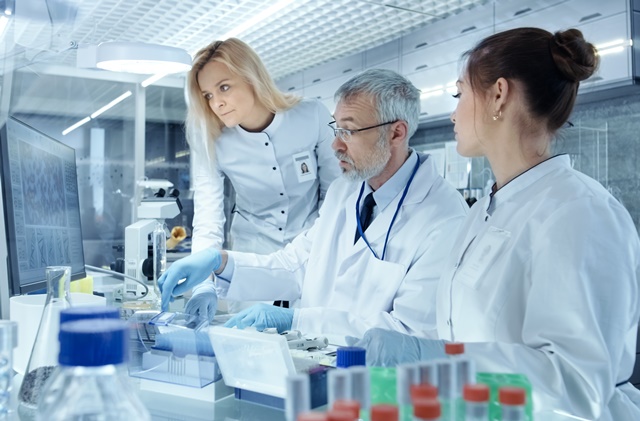UCB, a global biopharmaceutical company, and Aitia, a leader in the application of Causal AI and “Digital Twins” to discover and develop new drugs, have formed an early drug discovery collaboration focused on the discovery and validation of novel drug targets and drug candidates for Huntingdon’s disease. The collaboration seeks to validate novel drug targets that are causally linked to clinical endpoints in Huntington’s disease.
Huntington’s disease is a debilitating genetic disorder that affects the brain, causing gradual degeneration of nerve cells in specific areas of the brain, which can lead to problems with movement, behavior, and cognitive abilities. It is estimated that Huntington’s disease affects approximately 1 in 10,000 people worldwide and currently there is no cure for the disease and treatment options are limited.
Colin Hill, CEO and co-founder of Aitia, said: “At Aitia, our mission is to discover the next generation of breakthrough drugs to improve outcomes for patients where there is high unmet need. We believe that Huntington’s disease is overdue for major disruption and breakthroughs from our Gemini Digital Twins which are created from large quantities of multi-omic patient data and causal AI. We’re excited to collaborate closely with UCB to gain deeper insights into the underlying mechanisms of this complex disease and hope to drive major advancements in drug discovery and development faster than ever before.”
This strategic collaboration will combine the use of novel Huntington’s disease drug targets from Aitia’s Gemini Digital Twins with UCB’s expertise in drug research and preclinical model systems in neurodegeneration with the aim to accelerate the discovery of new therapies for people living with Huntington’s disease.
“We are pleased to work with Aitia in a bid to unravel the circuity of this debilitating disease,” said Dhaval Patel, executive vice president and chief scientific officer at UCB. “We see this collaboration as an investment in next generation science and technology, allowing us to accelerate our understanding of human pathobiology and explore the potential of developing novel medicines through AI.”
Financial details of the collaboration were not disclosed.


